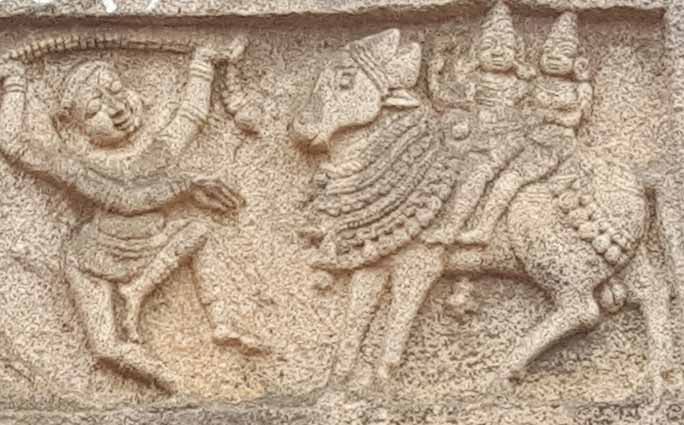The Democratic impeachment managers did something Wednesday that desperately needed to be done: They laid out in a thorough, comprehensive and digestible manner what Trump said and did in the months and days leading up to the bloody Jan. 6 attack on the Capitol.
☀️ This morning’s newsy @PunchbowlNews AM
"Trump's role in the riot"
Here’s a challenge: Make the argument that Donald Trump had nothing to do with the riot at the Capitol after the first few days of the impeachment trial.
The Democratic impeachment managers did something Wednesday that desperately needed to be done: They laid out in a thorough, comprehensive and digestible manner what Trump said and did in the months and days leading up to the bloody Jan. 6 attack on the Capitol.
Of course, the Sen is not an impartial jury, and this isn’t a legal trial but rather a political process.
More from Jake Sherman
More from Trump
\U0001f6a8BREAKING: Trump files new federal court lawsuit in Wisconsin challenging the results of the election.https://t.co/LfKb2PUIkq
— Marc E. Elias (@marceelias) December 3, 2020
Not, I hope, Seth Abramson long. But will see.
I apologize in advance to my wife, who would very much prefer I be billing time (today's a light day, though) and to my assistant, to whom I owe some administrative stuff this will likely keep me from 😃
First, some background. Trump's suit essentially tries to Federalize the Wisconsin Supreme Court complaint his campaign filed, which we discussed here.
OK, #squidigation fans. This is a new Wisconsin case not filed by the Krake[n/d] team of Powell and Wood and NOT focusing on wild conspiracy theories. It's a competent and professional filing that raises things that would be real issues ... if you don't understand why they aren't https://t.co/ETvUiWV5du
— Akiva Cohen (@AkivaMCohen) December 1, 2020
If you haven't already, go read that thread. I'm not going to be re-doing the same analysis, and I'm not going to be cross-linking to that discussion as we go. (Sorry, I like you guys, and I see this as public service, but there are limits)
Also, @5DollarFeminist has a good stand-alone thread analyzing the new Federal complaint - it's worth reading as well, though some of the analysis will overlap.
Every one of these Trump election suits is the same gobbledygook garbage barge:
— Liz Dye (@5DollarFeminist) December 3, 2020
FRAUD!
It coulda happened.
Well, no, we can't prove it.
But just to be safe, best let the gerrymandered legislature give us all the electoral votes!https://t.co/Z926668H05 pic.twitter.com/xGZsJKIO7Y
You May Also Like
As someone\u2019s who\u2019s read the book, this review strikes me as tremendously unfair. It mostly faults Adler for not writing the book the reviewer wishes he had! https://t.co/pqpt5Ziivj
— Teresa M. Bejan (@tmbejan) January 12, 2021
The meat of the criticism is that the history Adler gives is insufficiently critical. Adler describes a few figures who had a great influence on how the modern US university was formed. It's certainly critical: it focuses on the social Darwinism of these figures. 2/x
Other insinuations and suggestions in the review seem wildly off the mark, distorted, or inappropriate-- for example, that the book is clickbaity (it is scholarly) or conservative (hardly) or connected to the events at the Capitol (give me a break). 3/x
The core question: in what sense is classics inherently racist? Classics is old. On Adler's account, it begins in ancient Rome and is revived in the Renaissance. Slavery (Christiansen's primary concern) is also very old. Let's say classics is an education for slaveowners. 4/x
It's worth remembering that literacy itself is elite throughout most of this history. Literacy is, then, also the education of slaveowners. We can honor oral and musical traditions without denying that literacy is, generally, good. 5/x




















